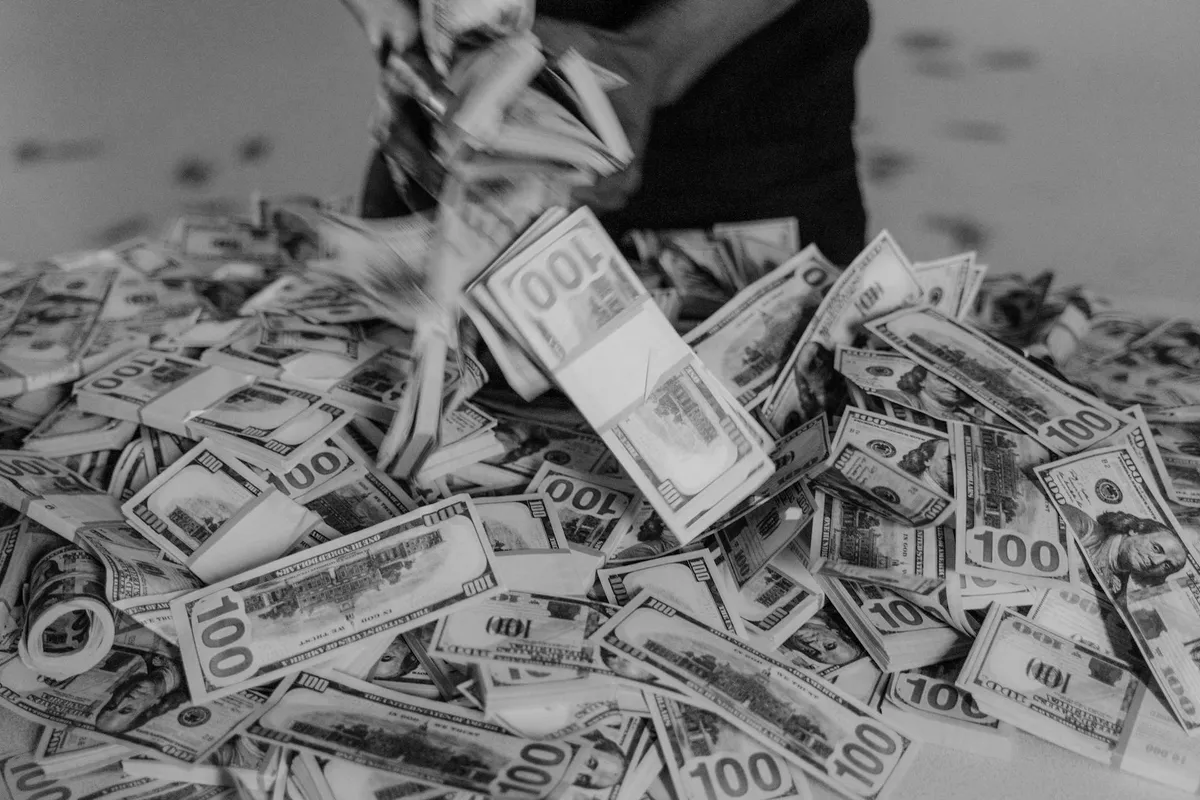I first met the boy while playing my flute in the city square, lost in the melody, letting my fingers move instinctively over the holes. Music was my refuge, a distraction from the aching pain that had become my constant companion.
For fifteen years, the streets had been my home, teaching me how to endure hunger, loneliness, and the quiet cruelty of being invisible. But when I played, I could escape—if only for a little while.
Before life pushed me onto the streets, I had a steady job in a factory. It was grueling work, but I found rhythm in the repetition, like a dance that kept me moving. Then the pain started. At first, I blamed age, brushing it off as nothing more than sore muscles. But when even simple tasks became unbearable, I went to see a doctor.
His words changed everything.
“Your condition is chronic. It will only get worse,” he said with an apologetic sigh. “You can manage the pain with medication, but there is no cure.”
I begged my employer for another role—anything that wouldn’t require standing for hours. But policies and bureaucracy didn’t bend for men like me. Without the right certification, I was deemed unqualified for less physically demanding jobs. Eventually, I was let go.

The men I worked with knew what this meant for me. On my last day, they pooled together whatever they could and gave me something I would come to treasure—a wheelchair.
It wasn’t just a means to get around; it gave me dignity.
That day in the square, a child’s voice pulled me back to the present.
“Mama, listen! It’s so beautiful!”
I opened my eyes and saw a small crowd had formed. Among them was a tired-looking woman carrying a boy who must have been about eight years old. Despite the exhaustion in her face, her expression softened as she watched her son, captivated by my music.
“Can we stay, Mama? Just a little longer?” the boy pleaded, tugging at the sleeve of her worn jacket. “Please? I’ve never heard music like this before.”
She shifted him in her arms, trying to hide the strain. “Only for a few minutes, Tommy. We still have to get you to your appointment.”
“But Mama, look at his hands! It’s like magic.”
I lowered my flute and smiled. “Would you like to try? I could teach you a simple tune.”
The joy in Tommy’s eyes dimmed instantly. “I can’t stand,” he murmured. “It hurts too much.”
His mother’s hold on him tightened. She looked at me, her voice hushed with unspoken hardship.
“We can’t afford crutches or a wheelchair,” she admitted. “So I carry him everywhere. The doctors say he needs physical therapy, but…” She trailed off, the weight of her words hanging in the air.
I knew that weight. I had carried it myself.
Looking at them, I saw my own reflection—the pain, the helplessness, the feeling of being forgotten. But in Tommy’s eyes, there was something I hadn’t seen in my own in years—hope.
“How long have you been carrying him?” I asked, though I already feared the answer.

“Three years,” she whispered.
Three years.
I thought of my last day at the factory, the kindness of my coworkers, the chair that had been my lifeline. And in that moment, I knew what I had to do.
Gripping the armrests of my wheelchair, I pushed myself up. Agony shot through my spine and hips, but I forced a grin.
“Take it,” I said. “I… I don’t really need it. It’s just something I use now and then.”
Her eyes widened. “Oh, we couldn’t possibly…”
She didn’t believe me. I could see the hesitation, the doubt. So I took a step forward, wincing, but keeping my grin in place.
“Please,” I insisted, wheeling the chair toward them. “It would make me happy to know it’s being used by someone who really needs it.”
Tommy’s face lit up. “Really, Mister? You mean it?”
I nodded, swallowing my pain.
His mother’s eyes shimmered with unshed tears as she gently settled him into the chair.
“I don’t know how to thank you,” she murmured. “We’ve asked for help so many times, but nobody…”
“Your smiles are enough,” I said, watching as Tommy tested the wheels, beaming.
As they disappeared into the crowd, I hobbled toward a nearby bench and collapsed onto it, finally allowing the pain to take over.
That was five years ago.
Time has not been kind to me since.
Without the wheelchair, my condition worsened. Every step on my crutches was a battle. The pain never left, lingering like a shadow in every moment.
But I kept playing. Even when it didn’t distract me anymore, even when the coins in my cup barely kept me fed, I played. It was the only thing that kept me sane.
I often thought about Tommy and his mother. I imagined him rolling through a park, laughing. I hoped she had finally found relief from carrying him everywhere.
Then, on a day like any other, everything changed.
I was playing an old folk tune when I noticed a shadow fall across my cup. Looking up, I saw a young man standing before me, dressed in clean, well-fitted clothes. He held a long package under one arm.
“Hello, sir,” he said with a familiar smile. “Do you remember me?”
I stared at him, my heart pounding. “Tommy?”
His grin widened. “I wondered if you’d recognize me.”
I could barely believe it. “But… you’re walking!”
He sat beside me, nodding. “A few months after you gave me your wheelchair, we received an inheritance from a distant relative. It changed everything. We could finally afford proper medical treatment. Turns out, my condition wasn’t permanent.”
“And your mother?” I asked.
His eyes glowed with pride. “She started her own catering business. She always loved cooking, but she never had the time or energy before. Now she’s making her dream come true.”
He lifted the package and handed it to me.
“This is for you,” he said softly.
I hesitated. “Tommy, this is too much—”
“No,” he interrupted, placing a firm hand on mine. “It’s not. You gave me more than a wheelchair. You gave me hope. You changed our lives.”
He wrapped his arms around me in a careful hug, then stood to leave.
That night, back in my basement room, I opened the package. Inside the flute case were stacks of neatly bundled cash. More money than I had ever seen. On top, a handwritten note read:
“PAYMENT FOR THE PAIN YOU HAVE SUFFERED BECAUSE OF YOUR KINDNESS. Thank you for showing us that miracles still exist.”
I sat there for a long time, gripping the note, remembering every painful step I had taken since giving up that chair.
But I also remembered Tommy’s smile. His mother’s relief. Their transformed lives.
The money in my hands wasn’t just currency—it was proof that even the smallest act of kindness can ripple outward, changing lives in ways we never imagined.
I smiled as I whispered to myself, “One act of kindness. That’s all it takes to start a chain reaction.”